
Visitors check out an AI-powered large language model during an internet expo in Wuzhen, Zhejiang province, in November. (YAO YINGKANG/FOR CHINA DAILY)
About 80 percent of Chinese business leaders expect the pace of technological disruption to accelerate even further in 2024, while 92 percent regard fast-developing generative artificial intelligence as more of an opportunity than a threat, being generally more sanguine on the transformation than their foreign corporate peers, according to a new report from global consultancy Accenture.
The report indicated that company executives worldwide ranked technologies catapulted by advances in generative AI as the top factor affecting business environment transformation, and 77 percent of interviewed Chinese enterprises view generative AI as more beneficial to revenue growth than cost reductions.
Moreover, 80 percent of the surveyed Chinese business leaders expect revenue growth to speed up this year, higher than their global peers (68 percent). Despite their optimism, 62 percent of Chinese executives say they are not fully prepared to respond to the changes they will face in the business environment.
Business leaders worldwide view the adoption of emerging technologies such as generative AI, accelerated tech innovation, and changes in policies and regulations as the most noteworthy opportunities, the report added.
"We believe that the companies that will succeed in the next decade are those that embrace a strategy of continuously reinventing every part of their business using technology, data and AI, including harnessing the power of generative AI, and ensuring their people are at the center of their transformations," said Jack Azagury, group chief executive of strategy &consulting at Accenture.
The research surveyed more than 3,400 company executives-with 260 from China-covering 20 industries, between October and November 2023.
Generative AI refers to computer algorithms trained with huge amounts of data capable of generating content such as images, text, audio and video. It is the key technology underpinning ChatGPT, an AI chatbot that has taken the world by storm and triggered a new AI wave.
Accenture said in its latest Technology Vision 2024 that AI and other disruptive technologies are becoming much more human-like and intuitive for people to use, and are ushering in a new era of unprecedented productivity and creativity.
It noted that about 40 percent of all working hours will be supported or augmented by language-based AI, and generative AI has the potential to enable productivity enhancements across 900 different types of jobs and create at least $8 trillion in global economic value.
Industry experts said generative AI will speed up its integration with a wider range of sectors and evolve into a productivity tool this year, as major Chinese tech heavyweights-such as Alibaba Group Holding Ltd, Baidu Inc and Tencent Holdings Ltd-step up efforts to develop their own AI-powered large language models.
In an executive meeting on Monday, the State Council-China's Cabinet-rolled out a raft of policy measures to advance the deep integration of AI with manufacturing, with a key focus on smart manufacturing, as part of a broader drive to foster new productivity boosters.
China's AI industry will make great strides in the next 10 to 15 years, with its market scale reaching 1.73 trillion yuan ($241.3 billion) by 2035, accounting for 30.6 percent of the world's total, said market research firm CCID Consulting.
Robin Li, co-founder and CEO of Baidu, said in an earlier interview that he believes the emergence of generative AI and large language models presents a transformative potential of AI in various industries to help people and organizations achieve more, and have a positive impact on society.
Pan Helin, co-director of the digital economy and financial innovation research center at Zhejiang University's International Business School, said although generative AI technology boasts significant potential for applications in a wide range of sectors including culture, retail, healthcare and education, its real value comes from the consumer market.
"The process of training large AI models necessitates higher requirements for computing capacity, algorithms and quality of data," Pan said, adding that Chinese AI firms should boost investment in basic scientific research, including math, statistics and computer science, to gain a competitive edge in the global AI chatbot race.












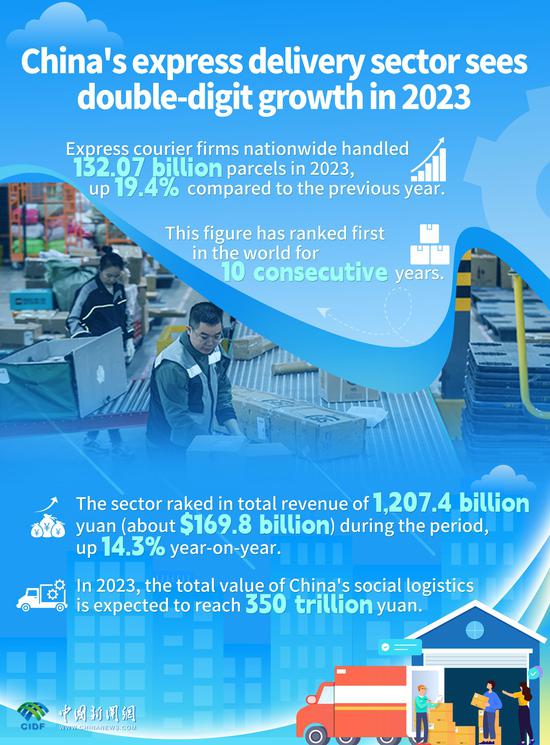















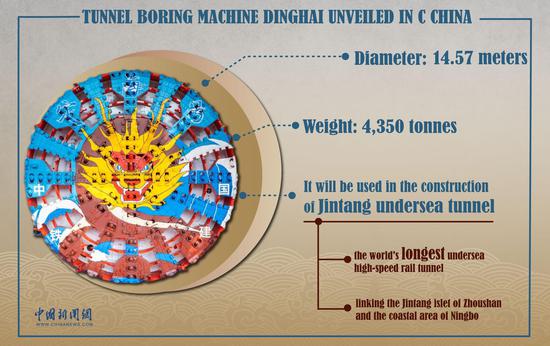





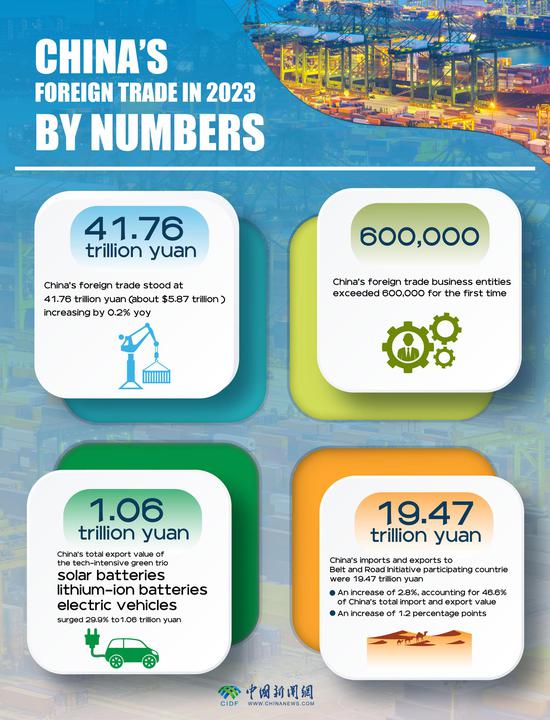

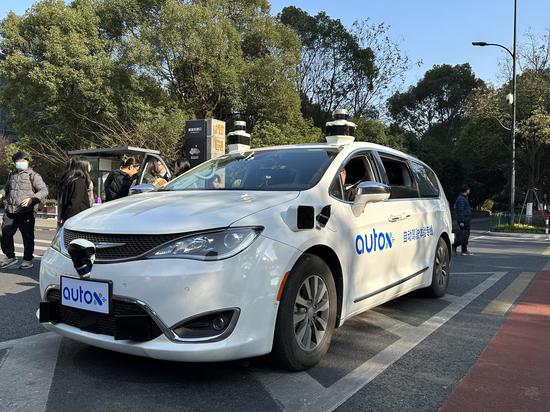







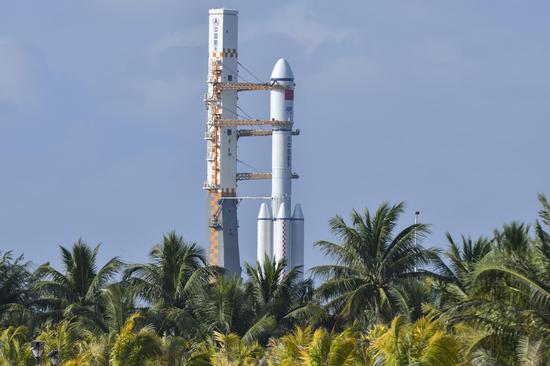





 京公网安备 11010202009201号
京公网安备 11010202009201号